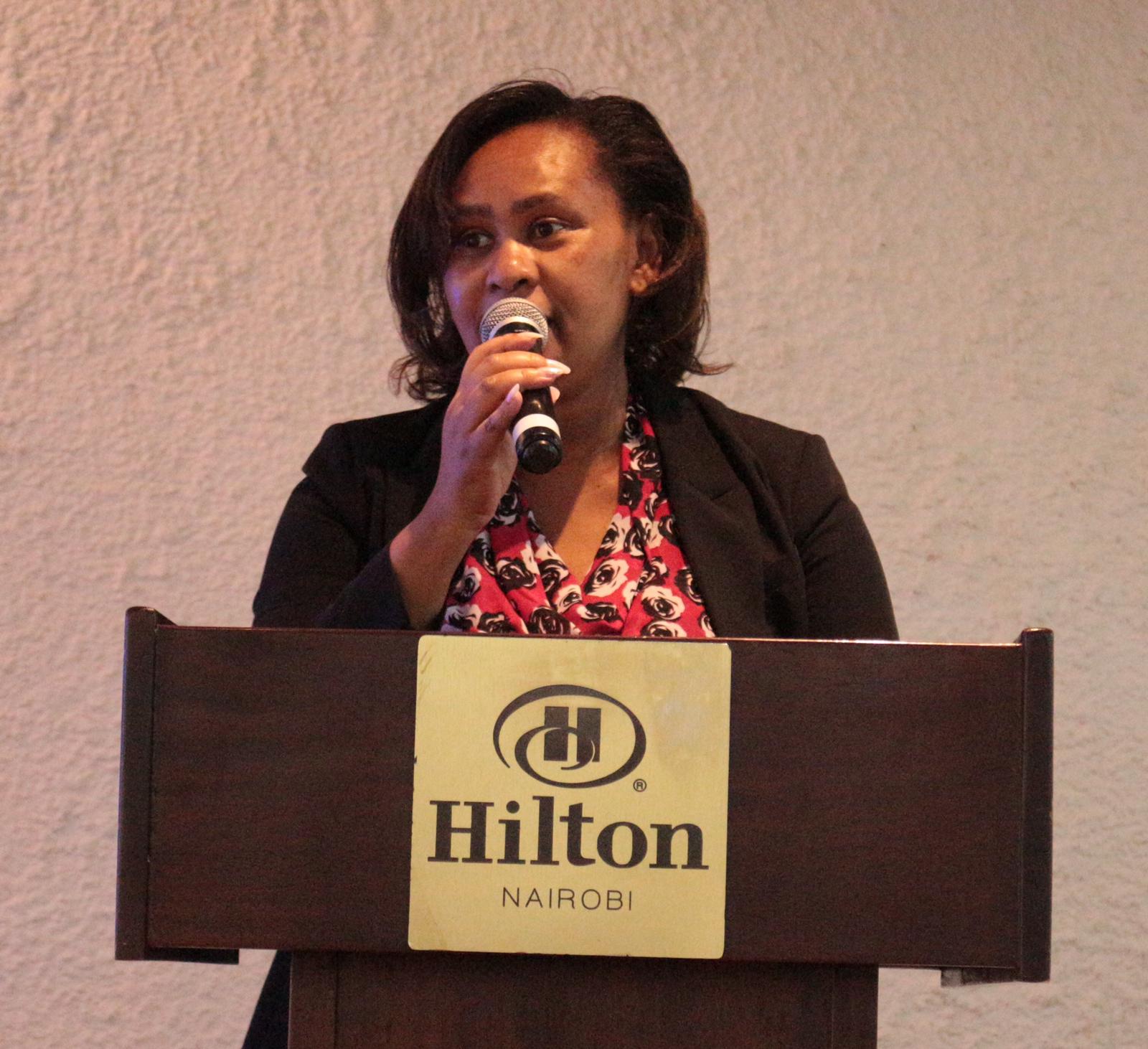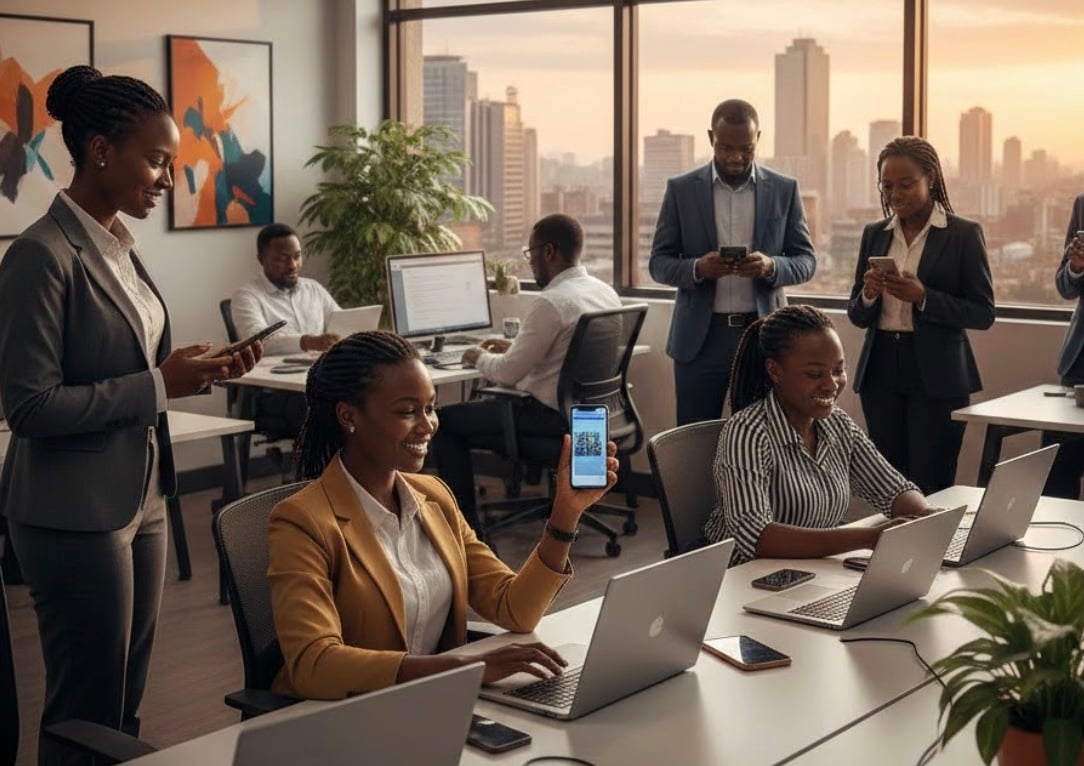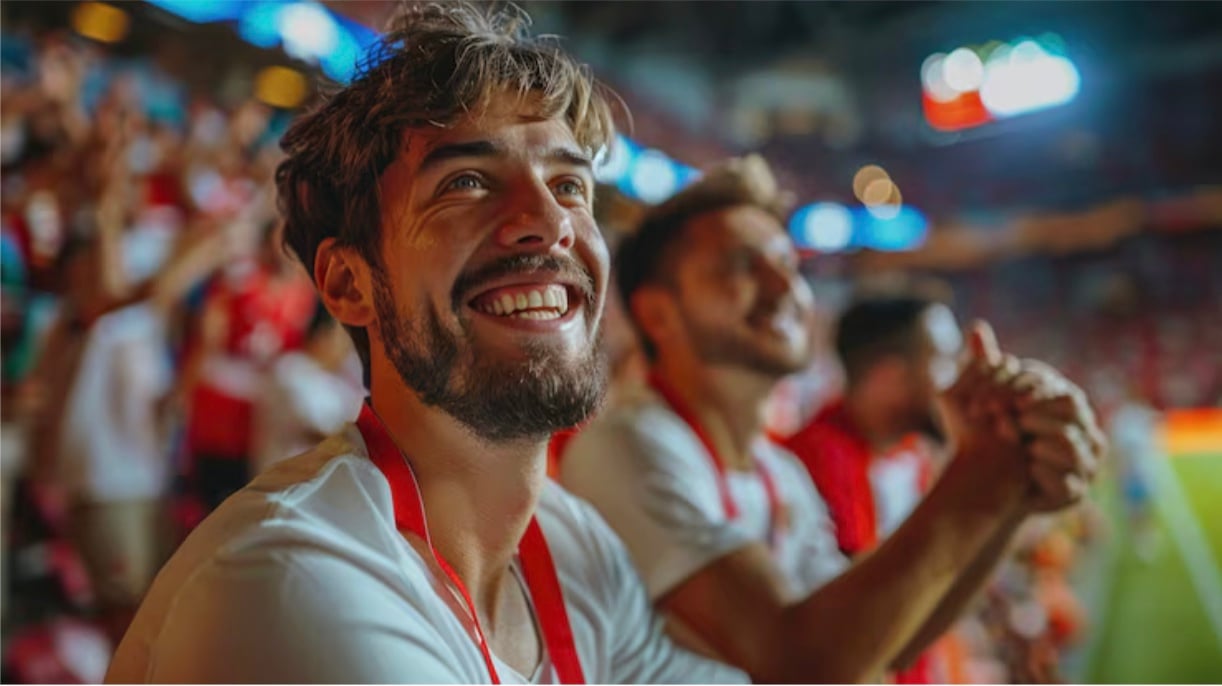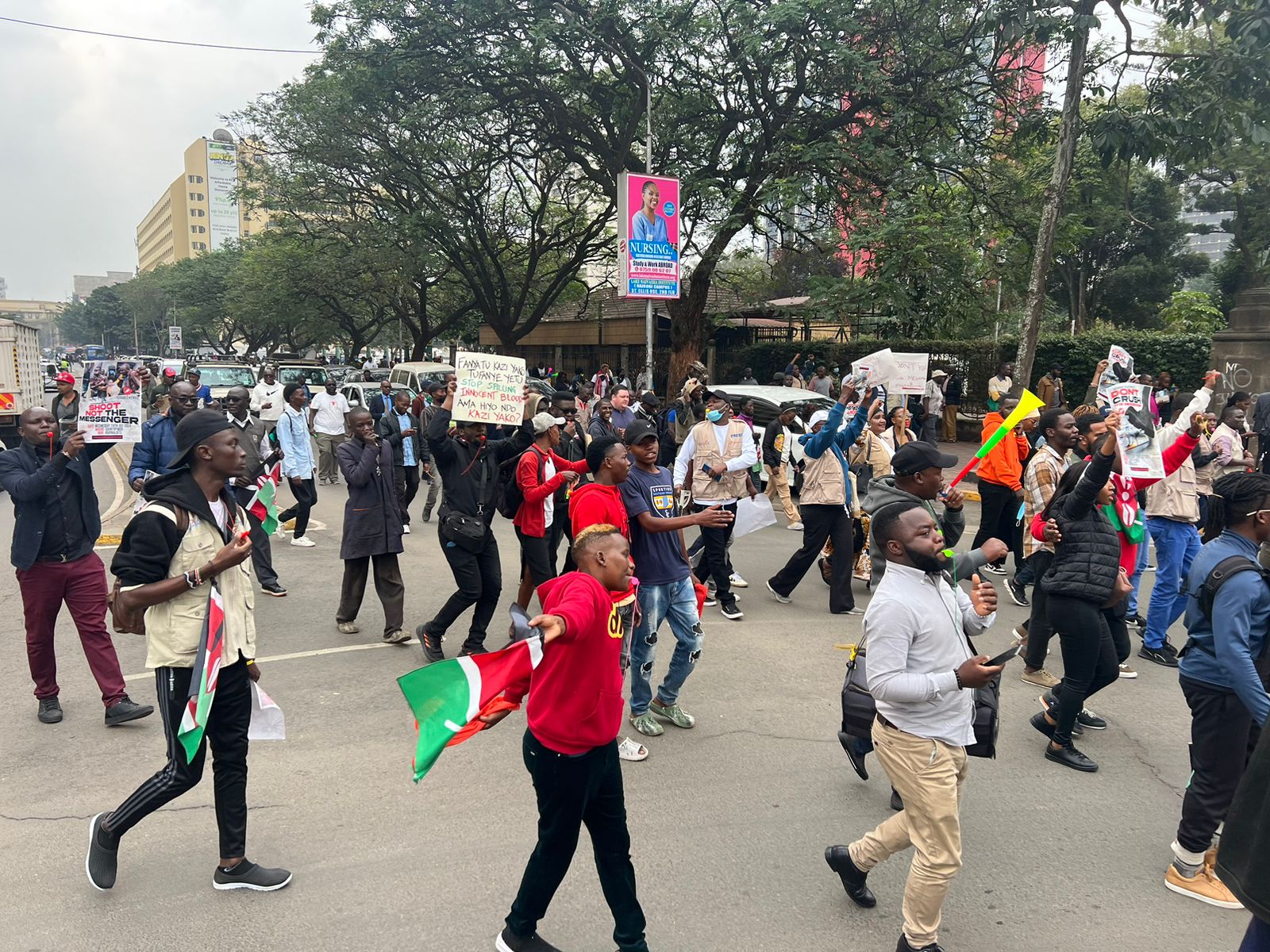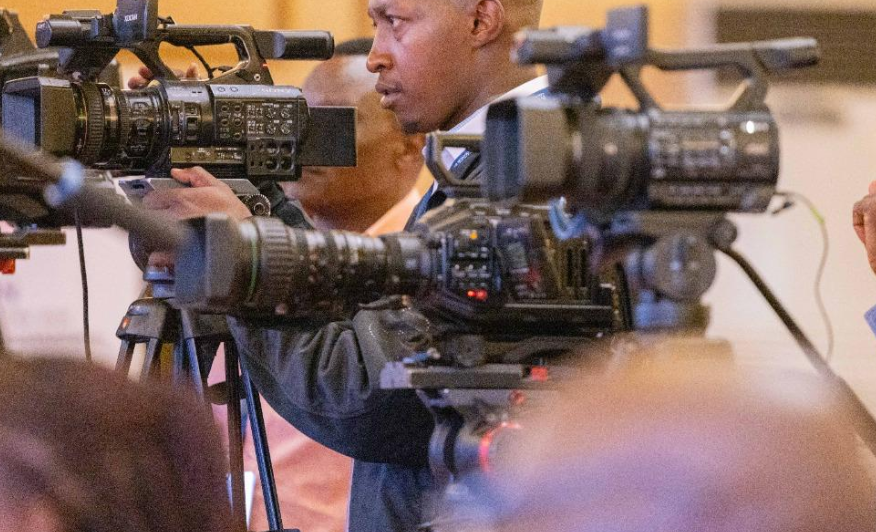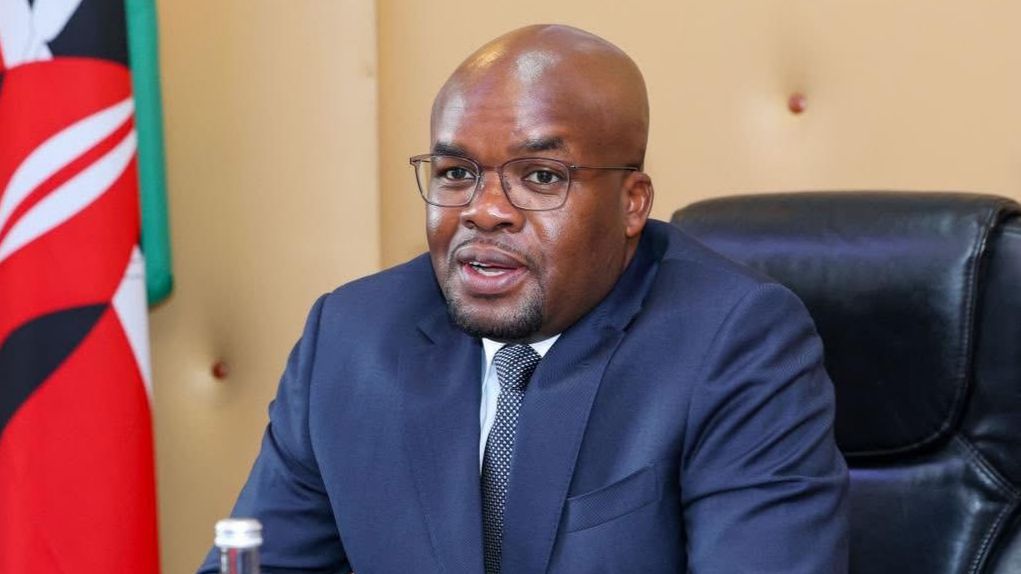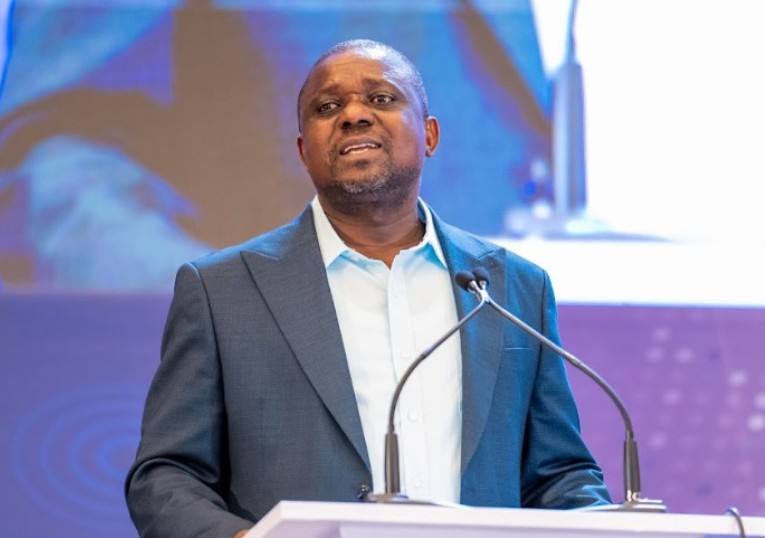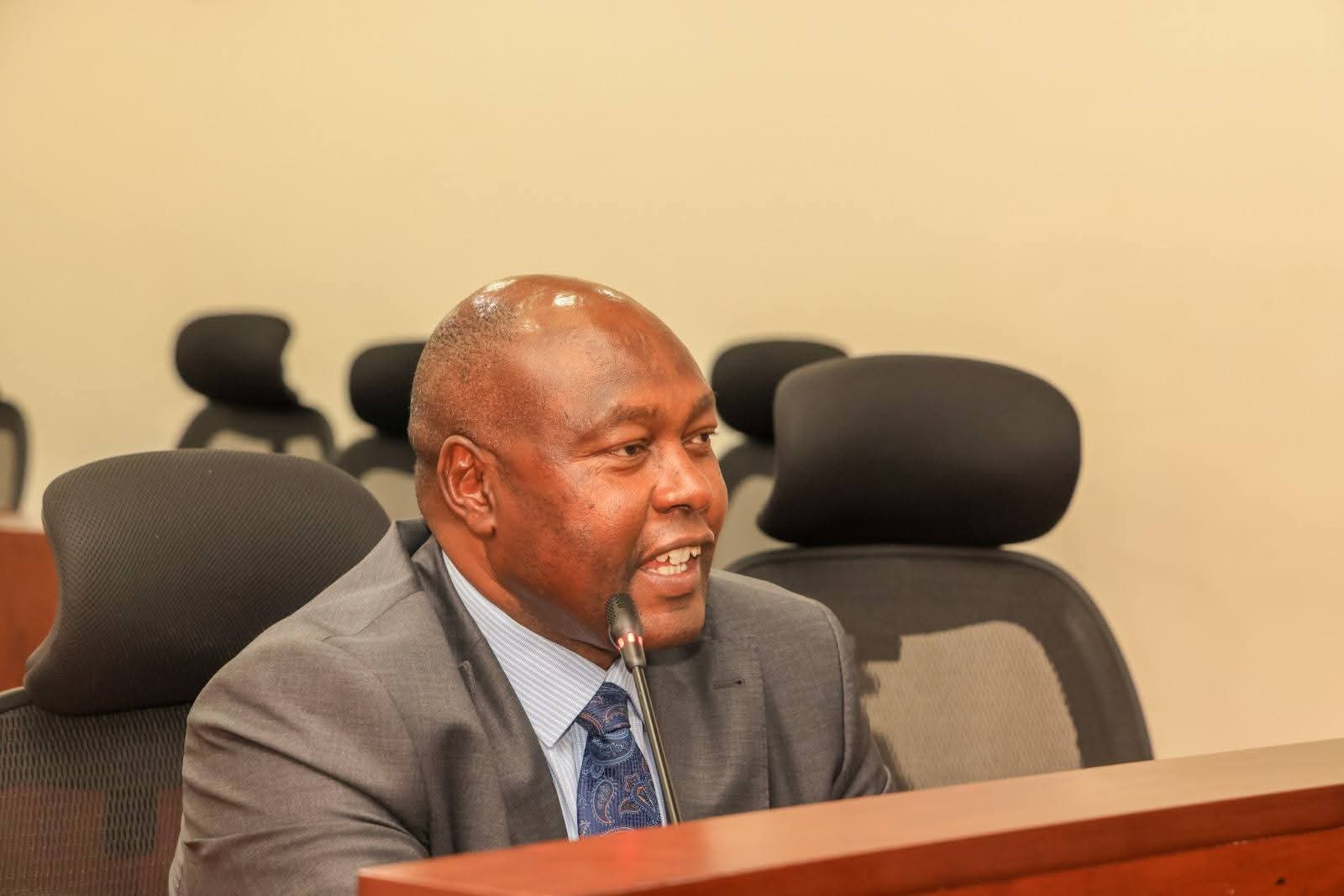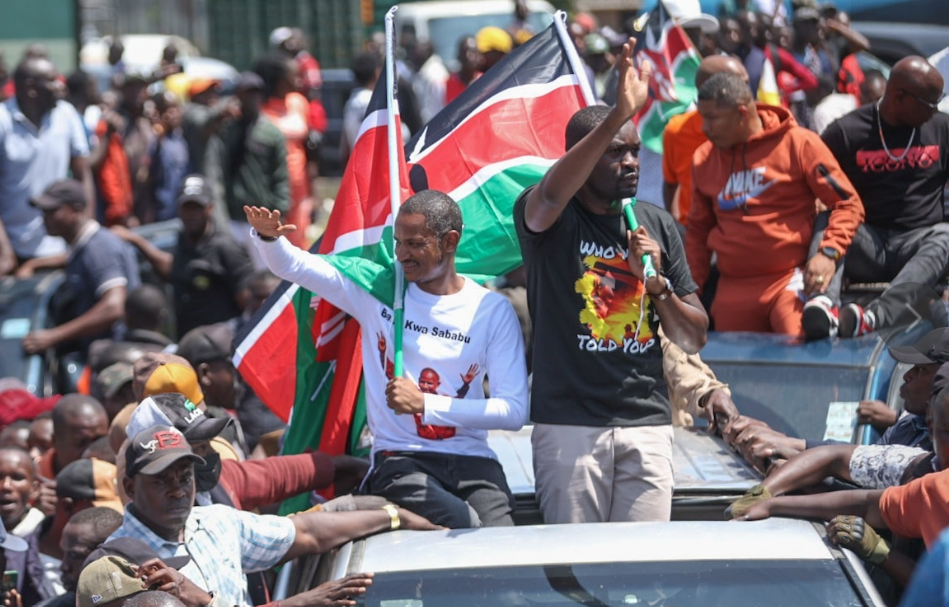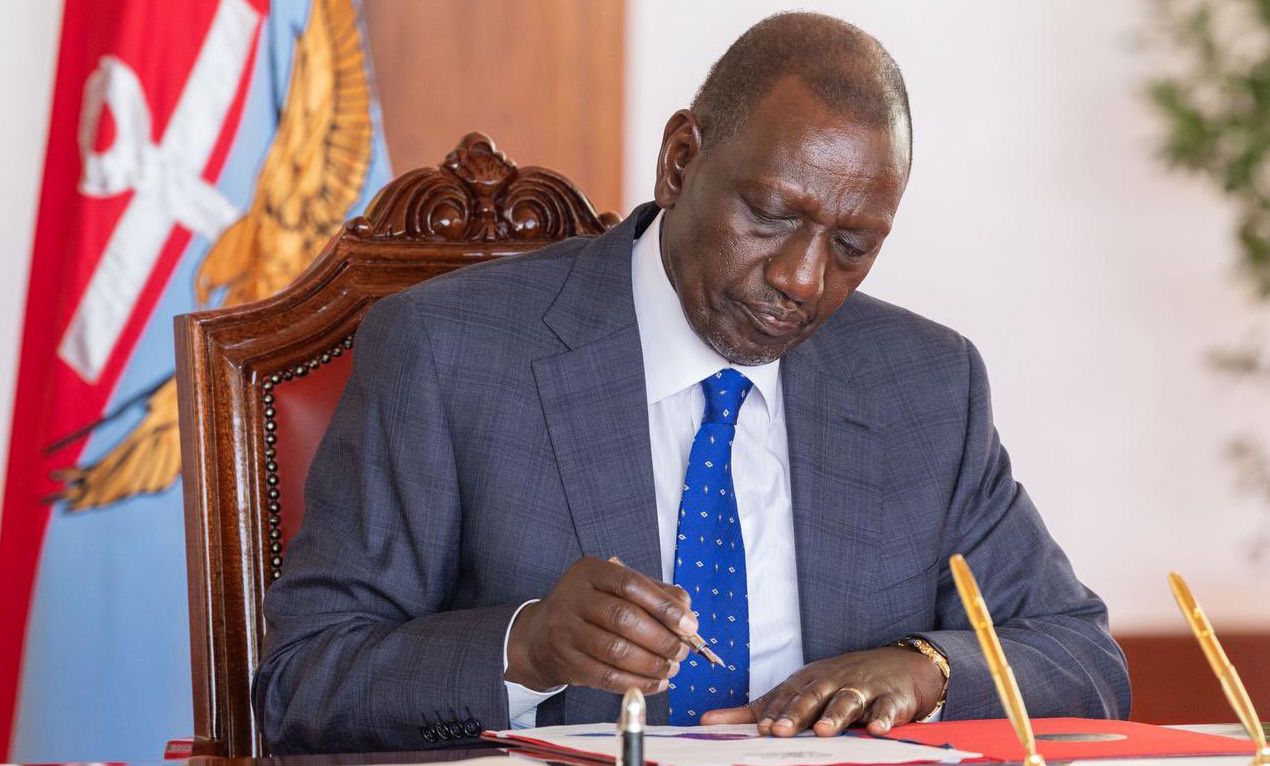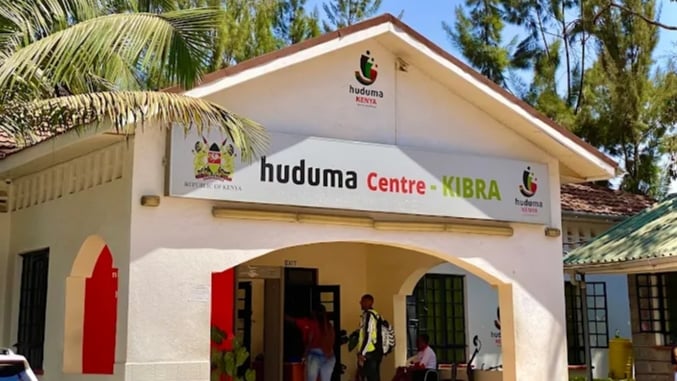In our segment of #KenyaWomenSeries, we feature, Caroline Gaita. The Executive Director of Mzalendo Trust, Kenya’s premier (and only) parliamentary monitoring organization.
She describes herself as a woman of many definitions: resilient; grounded; a lover of Kenya and all things football. Professionally though, she is an experienced communication and governance specialist trying to live out her purpose in life, undividedly.
1. Talk to us about your career journey highlighting the significant achievements and the events around them? What are some of your proudest moments?
My journey has been quite interesting. Growing up, I wanted to be a lawyer because that is what my parent envisioned for my sister and me. From an early age, I loved history and politics.
I would read the papers, follow the political coverage with my dad as well as read his magazines such as the Weekly Review and Finance, etc. After college, I worked in a legal firm after which I was fortunate to join a Public Relations firm founded by the woman I honor as my mentor (Muthoni Muthiga - may she rest in peace). It was a boutique PR firm, and my responsibilities tanged from administration duties to managing events.
Read More
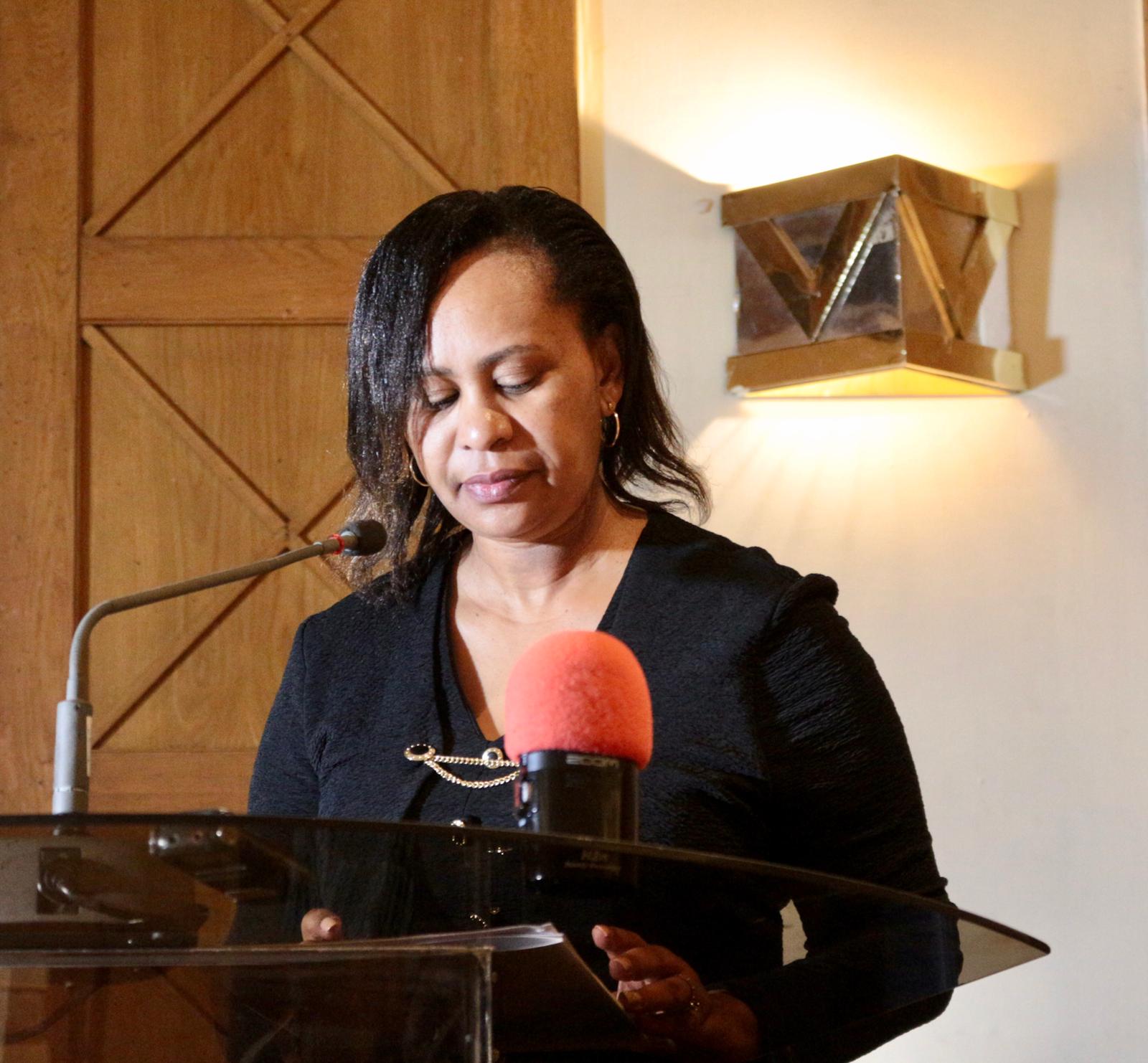 Caroline Gaita
Caroline Gaita
The support she accorded, catalyzed my interest in Public Relations as a career. Public relations is a field that I have effectively combined with my Political Science and development background. She was also instrumental in my joining the Public Relations Society of Kenya – albeit I have not been as active as I ought to.
Over the years, my career has journeyed through the insurance, tourism, and now governance sector, where I found my niche. But perhaps, the most profound impact on my career path was triggered by the post-election violence of 2007/2008.
Until then, I had been a carefree Kenyan, never thought much about ethnicity, and consumed political news for what it was, politics. The events, however, led me to a deeper engagement in the process, especially the Constitution of Kenya 2010. When an opportunity to join the Commission for the Implementation of the Constitution (CIC) arose in 2012, I took it up and haven’t looked back as an advocate and a key champion of the Constitution.
After CIC, I joined the Society for International Development, and later Transparency International -Kenya, coordinating the Shule Yangu Campaign.
This is the journey and process that led to my current position as the Executive Director of Mzalendo Trust, Kenya’s premier (and only) parliamentary monitoring organization.
There have been many proud moments along the way – when in CIC, every time a bill that we had worked on was enacted, it was our pride. Winning the PRSK and SABRE Best Public Affairs Campaign in Kenya and Africa respectively, for the RedCard Campaign for Integrity run by the National Integrity Alliance in 2017/2018 and building Mzalendo Trust to the institution it has become – in terms of funding, staffing, partnerships among others.
2. a) As the Executive Director of Mzalendo Watch, paint a picture for us about what it means to be a woman in Senior Management.
I have risen to the helm of Mzalendo Trust at a time when women are breaking glass ceilings in all fields. From Kamala Harris in America and Tanzania’s President Samia Suluhu in politics, to Simon Bile in sports. I believe, the future is gearing towards becoming female. I know it has been a tough process, and the fact that the world’s oldest democracy has only broken the ceiling to see Kamala Harris serve as Vice President is a testament.
The weight on my shoulders and that of others like me is, therefore, not lost. It means that I have an opportunity to do things differently and shape the next generation of women leaders.
To be a guiding example for my team particularly young women, mentor them and pave the way for them. More importantly, it means that there’s a lot of inward-looking and reflection to ensure that I do not lose sight of the vision and I’m alive to the institutional internal and external needs.
b) Based on your experience, what lessons have you learnt about dealing with unconscious bias, breaking barriers, influencing, and occupying decision-making positions?
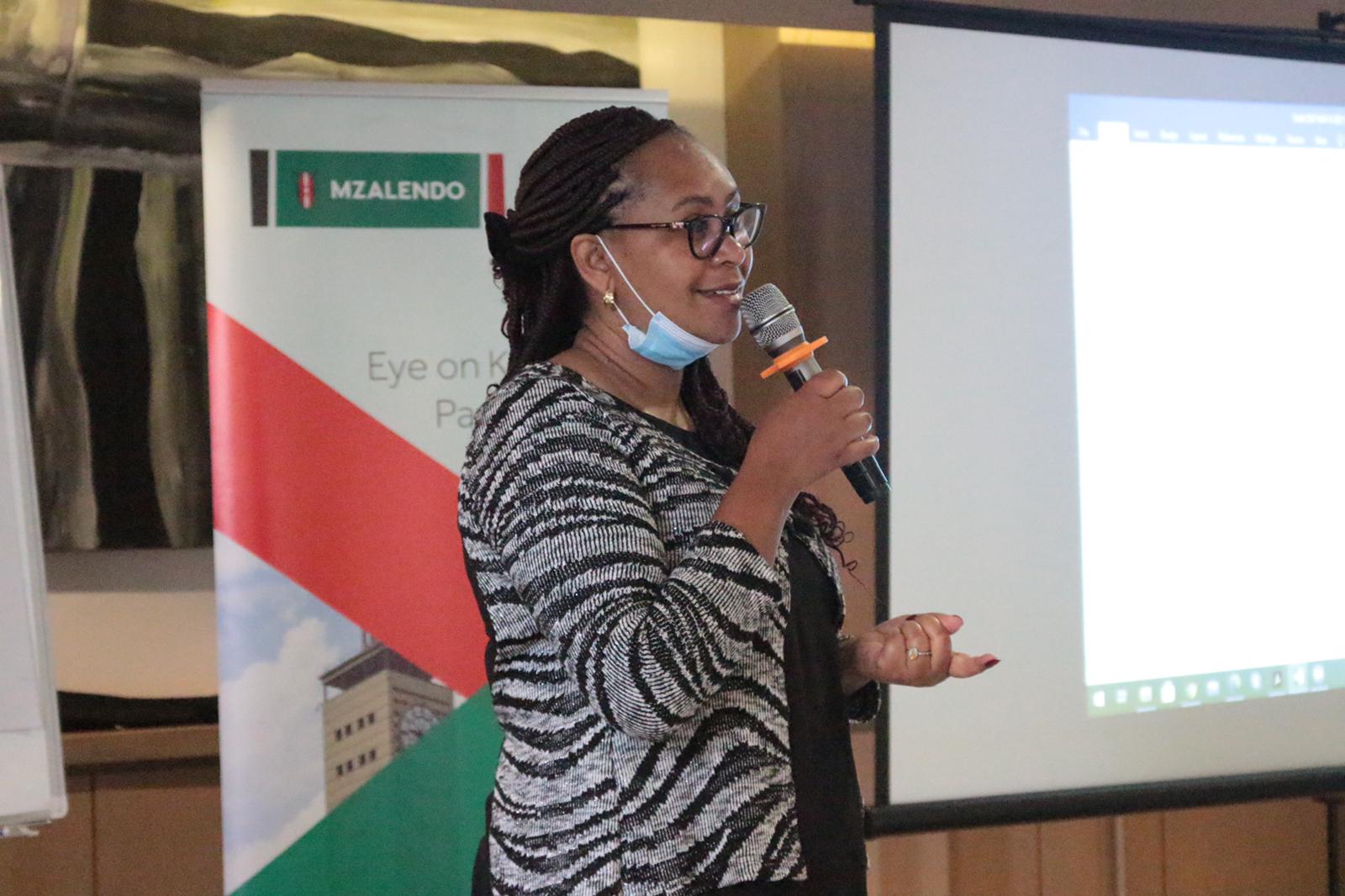 Caroline Gaita
Caroline Gaita
Our work, informed by our current strategic direction focused in the youth and women, in terms of political representation and participation.
We recognize that the Parliament we aspire to, one that is open, inclusive and accountable to the country can only be realized if the political processes are accommodating and diverse.
Therefore, working within this space has in some ways opened and in others reinforced barriers and biases that continue to influence decision making processes. From culture to money to biased media coverage of women, the biases are many. Technology and social media have also opened new battle fields for women – online bullying and cyber-attacks continue to lock many women from platforms that would help amplify their work. Additionally, women have to continually hold themselves to a higher standard, in terms of performance for them to be recognized. We are the ones to change the narrative, by telling and shaping our stories to being the ones bringing the tables. My dream is to see more and equal spaces for women in the C-Suite.
3. Kenya is gearing up for general elections in 2022. From your position, what would you like to see around democracy and governance issues?
There is an entire pot of issues that the country needs to address ahead of elections. From the current enhanced voter registration exercise, you can tell the level of apathy is very high – with a 17% registration rate against the target.
The Covid-19 pandemic has also exposed citizens to many challenges socially, economically, and even politically. There are many things to address. We need to ensure the inclusion of youth, women, and persons with disability to enhance not just their registration but their participation as aspirants. We have been advocating for the regulation of campaign financing, given that the cost of politics is a barrier to the participation of vulnerable groups.
In the absence of the operationalization of the legal framework, there is a need for citizens to own the process and de-campaign big money. Centering integrity as a key during campaigns is critical as per the Constitutional provisions on leadership and integrity in chapter six, as well as ethos as enumerated in the national values.
Sadly, we have weakened this over time, and the caliber of leaders – going by the number are those currently facing court cases – or have been impeached – speaks to this. Finally, there are the issues of transparency in the electoral process itself to ensure credible, verifiable, and peaceful elections.
Whether it’s the IEBC who will be conducting the elections, Parliament passing the necessary legislation, political parties providing a level playing field during the party primaries to the independence of institutions such as the Judiciary and Kenya Police Service to aspirants in terms of their conducts during their campaigns, we all need to play our role. Citizens too must ensure the choice of leaders is credible. The absence of transparency and integrity will breed chaos and lead to the violation of both democratic and human rights.
4. We seem to be in a country that is immersed in corruption. We must strive to break the chain of corruption. Will you kindly tell us, how do the following aspects help in dealing with corruption in Kenya?
a). Integrity
Within the governance sector, Chapter 6 of the Constitution on Leadership and Integrity was not a lofty aspiration for Kenyans. There is a reason that the framers of the Constitution found it necessary to anchor it in law, perhaps because of the impact on development and socio-economic growth.
Integrity is what defines our conduct privately and publicly. Institutions and/or persons guided by a set of values and who stand for something are more likely to act when things don’t go right. They are courageous because they have nothing to lose. If we get it right on this national value, then we shall be able to build a good foundation for current and future generations.
b). Transparency
Transparency and openness build trust between institutions and the people. It eliminates opaqueness in systems and processes – from appointments to procurement, to sharing information.
It ought to be made accessible. In public procurement systems, for instance, transparency can help a great deal in preventing biased tendering systems, give a fair chance to interested entrepreneurs to do business with Government institutions and agencies and therefore, build trust.
c). Accountability
As a country, we ought to strengthen our accountability systems for all implicated in acts of corruption to avoid the scenarios of getting a slap on the wrist. From long court processes to acts of impunity and disregard for the rule of law, we have not reached intolerant levels of corruption as a nation.
If you were to choose the two most important values that shape the way you live by and keep you grounded, what would they be and why?
Resilience and humility. Why resilience? Life beats you. There are many setbacks. And if covid-19 has taught us one thing, it’s been that life can come at you unexpectedly. Its resilient, adaptive organizations and people have withstood the challenges. At a personal level, life is not linear, and through the many curves, you have to adapt – whether socially, financially or professionally. For me resilience and fortitude come from a strong point of faith. I endeavor to lead an undivided life, meaning that the values that guide me in the marketplace also apply to my life outside work.
Humility – As a woman in leadership, this may be considered an oxymoron because we have been challenged to blow our horn. I believe it’s possible to do so without losing your sense of grounding. For me, this humility is in the opportunity to keep learning even when I think I know best, in treating everyone with respect and courtesy regardless of rank, listening and remaining grounded in family and friendships that have been an anchor for my life. I challenge myself to always remember who I am, outside my title and to remain authentic to myself, my beliefs and the things I hold dear.

Caroline Gaita
5. Tell us what role has each of the following aspects played in your career life, giving brief real-life experiences?
• Pursuing your passion
When you love what you do, results are visible. I recognize that it’s not always easy to find work that matches your passion, and many a time, we are stuck in spaces because we have bills to pay. And so, in most cases, we only have this privilege later in our careers, because we are more settled and have clarity then. Nevertheless, when you find your passion and can live it every day, you thrive. And for me, that’s really been my life – pursuit of my passion. I am fortunate that my current role gives me the best of both worlds – leveraging on communication to enhance good governance. It drives me, pushes me to knock doors I ordinarily wouldn’t.
• Forging networks
I like to think of my life as incremental value of many pieces, in this case, people, who have mentored, molded, challenged, opened and in some cases, closed doors. One of the books I read early on in my career is “Networking for Success”. You build businesses, mobilize resources, recruit people and get opportunities through networks.
Granted, it’s not an easy process, because not all of us are able to walk into rooms and get those results with the accompanying charm and charisma. But it’s something that, we throughout life, must invest in across various specters of our lives. Even our own burials are determined by the networks we build while we lived. So, invest in networks, be credible, be reciprocal and resourceful. Fortunately, we also live at a time when technology has made this process much easier, but we should still invest in building relationships.
• Taking risks
A quote attributed to Dalai Lama says “take into account great love and great achievements involve great risk.” To me, everyday life is a risk. You wake up and make choices that have consequences whichever way you look at it. And so, I have taken risk in life, in love, in investments, and in my career, where I have gained big but also lost bigger. Jobs that threatened my career or were not a fit, investments that went under. But do I stop taking risks? No. I do it daily. I want to lead a life well lived and can only do so but putting myself out there and taking the risks.
• Mentorship
My life story is littered, as I indicated earlier, with people that have mentored me and held my hand. I believe in paying it forward and opening doors for others and mentoring is one way to do this.
6. As we head towards the electioneering period, lets be ready to take responsibility for our actions. We have a role in building the Kenya we want.
Our governance structure is beautiful. Public participation, access to information rights – the Constitution generally is a platform from which we as citizens, can inform the direction of our country. We can vote, participation in the running of our country from ward level to the national, engage in legislative processes, demand accountability from our leadership and put in office leaders of good caliber and speak up when things go wrong. Let’s be the custodians of this beautiful nation.
7. Any parting shot?
As women, we live in unprecedented times. Our generation has opportunities that our mothers and grandmothers did not have. The only limits are within. So, we need to show up and do so courageously. We need to create possibilities for ourselves and our children. We have to keep learning, re-skilling, and up-skilling. Brene Brown says “you either walk inside your story and own it or stand outside your story and hustle for your worthiness.” Let’s know our worth, tell our stories and own it.
By Patience Nyange and Esther Kiragu
